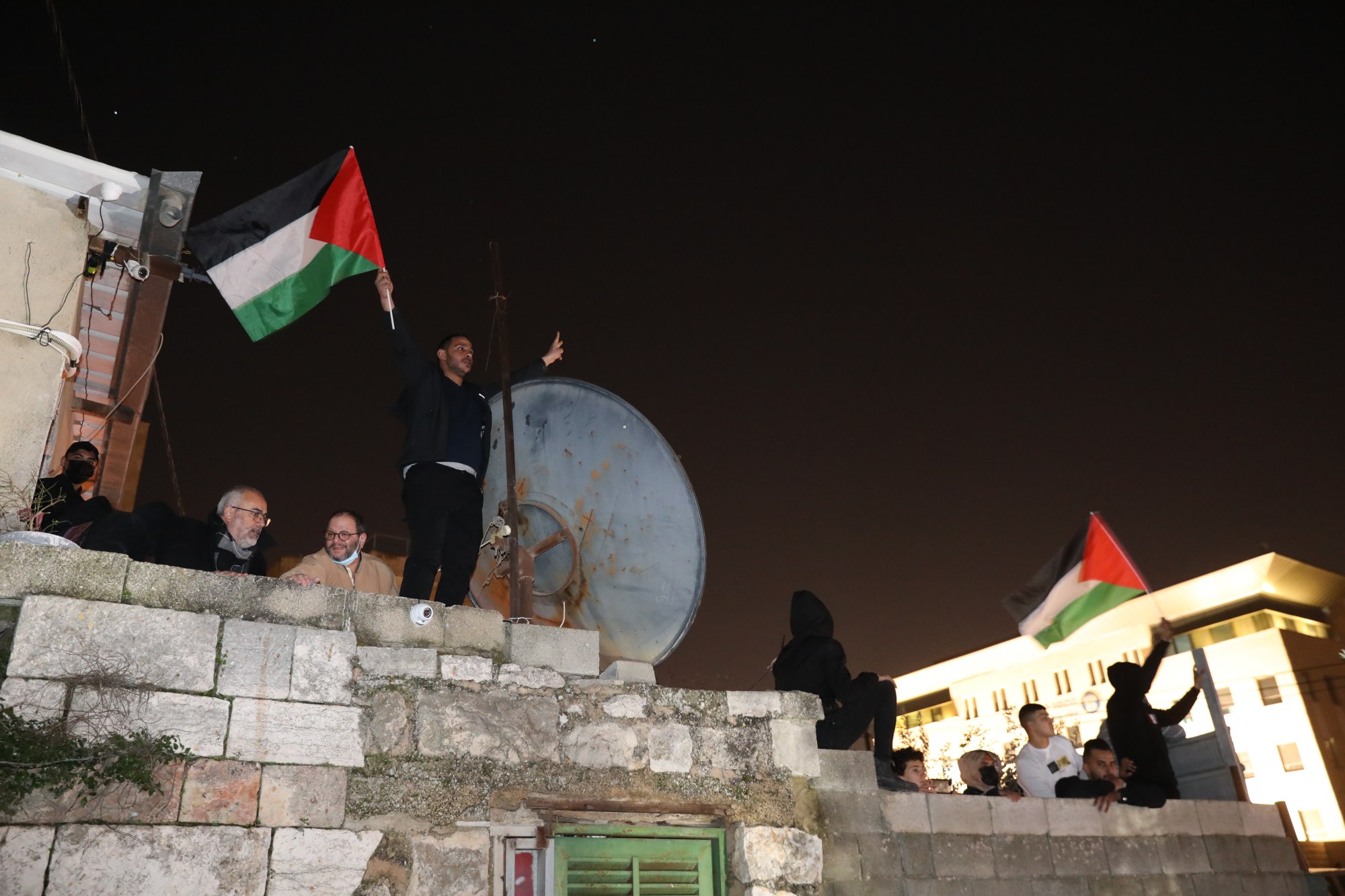
UN top court to start historic case on legality of Israeli occupation of lands claimed by Palestinians
- The International Court of Justice will focus on Israel’s open-ended occupation of the West Bank, Gaza and east Jerusalem
- An unprecedented number of countries will participate in the hearings amid the ongoing Israel-Gaza war
Six days of hearings are scheduled at the International Court of Justice, during which an unprecedented number of countries will participate, as Israel continues its devastating assault on Gaza.
Palestinian representatives, who speak first on Monday, will argue that the Israeli occupation is illegal because it has violated three key tenets of international law, the Palestinian legal team told reporters on Wednesday.
They say that Israel has violated the prohibition on territorial conquest by annexing large swathes of occupied land, has violated the Palestinians’ right to self-determination, and has imposed a system of racial discrimination and apartheid.
‘The score will be settled’: Netanyahu insists on Israeli offensive in Rafah
“We want to hear new words from the court,” said Omar Awadallah, the head of the UN organisations department in the Palestinian Foreign Ministry.
Israel on Sunday formalised its opposition to what it called the “unilateral recognition” of Palestinian statehood and said any such agreement must be reached through direct negotiations.
Prime Minister Benjamin Netanyahu brought the “declaratory decision” to a vote in cabinet, which unanimously approved the measure, according to a statement.
Netanyahu said at the start of the weekly meeting that the move comes after “recent talk in the international community about an attempt to unilaterally impose on Israel a Palestinian state.”
Israel-Hamas ceasefire talks ‘not really promising’, Qatar PM says
Awadallah said an advisory opinion from the court “will give us many tools, using peaceful international law methods and tools, to confront the illegalities of the occupation”.
The court is likely to take months to rule. But experts say the decision, though not legally binding, could profoundly impact international jurisprudence, international aid to Israel and public opinion.
“The case will put before the court a litany of accusations and allegations and grievances which are probably going to be uncomfortable and embarrassing for Israel, given the war and the already very polarised international environment,” said Yuval Shany, a law professor at Hebrew University and senior fellow at the Israel Democracy Institute.
Israel is not scheduled to speak during the hearings but could submit a written statement. Shany said Israel is likely to justify the ongoing occupation on security grounds, especially in the absence of a peace deal.
It is likely to point to the October 7 attack in which Hamas-led militants from Gaza killed 1,200 people across southern Israel and dragged 250 hostages back to the territory.

“There is this narrative that territories from which Israel withdraws, like Gaza, can potentially transform into very serious security risks,” Shany said. “If anything, October 7 underscored the traditional Israeli security rationale to justify unending occupation.”
But Palestinians and leading rights groups say the occupation goes far beyond defensive measures. They say it has morphed into an apartheid system, bolstered by settlement building on occupied lands, that gives Palestinians second-class status and is designed to maintain Jewish hegemony from the Jordan River to the Mediterranean Sea. Israel rejects any accusation of apartheid.
The case arrives at the court after the UN General Assembly voted by a wide margin in December 2022 to ask the world court for a non-binding advisory opinion on one of the world’s longest-running and thorniest disputes. The request was promoted by the Palestinians and opposed vehemently by Israel. Fifty countries abstained from voting.
In a written statement before the vote, Israel’s UN Ambassador Gilad Erdan called the measure “outrageous,” the UN “morally bankrupt and politicised” and any potential decision from the court “completely illegitimate.”
After the Palestinians present their arguments, 51 countries and three organisations – the League of Arab States, the Organization of Islamic Cooperation, and the African Union will address the panel of judges in the wood-panelled Great Hall of Justice.
Israel captured the West Bank, east Jerusalem and Gaza Strip in the 1967 Six-Day War. The Palestinians seek all three areas for an independent state. Israel considers the West Bank to be a disputed territory, whose future should be decided in negotiations.
It has built 146 settlements, according to watchdog group Peace Now, home to more than 500,000 Jewish settlers. The West Bank settler population has grown by more than 15 per cent in the last five years according to a pro-settler group.
Israel also has annexed east Jerusalem and considers the entire city to be its capital. An additional 200,000 Israelis live in settlements built in east Jerusalem that Israel considers to be neighbourhoods of its capital. Palestinian residents of the city face systematic discrimination, making it difficult for them to build new homes or expand existing ones.
The international community overwhelmingly considers the settlements to be illegal. Israel’s annexation of east Jerusalem, home to the city’s most sensitive holy sites, is not internationally recognised.
Additional reporting by Reuters

